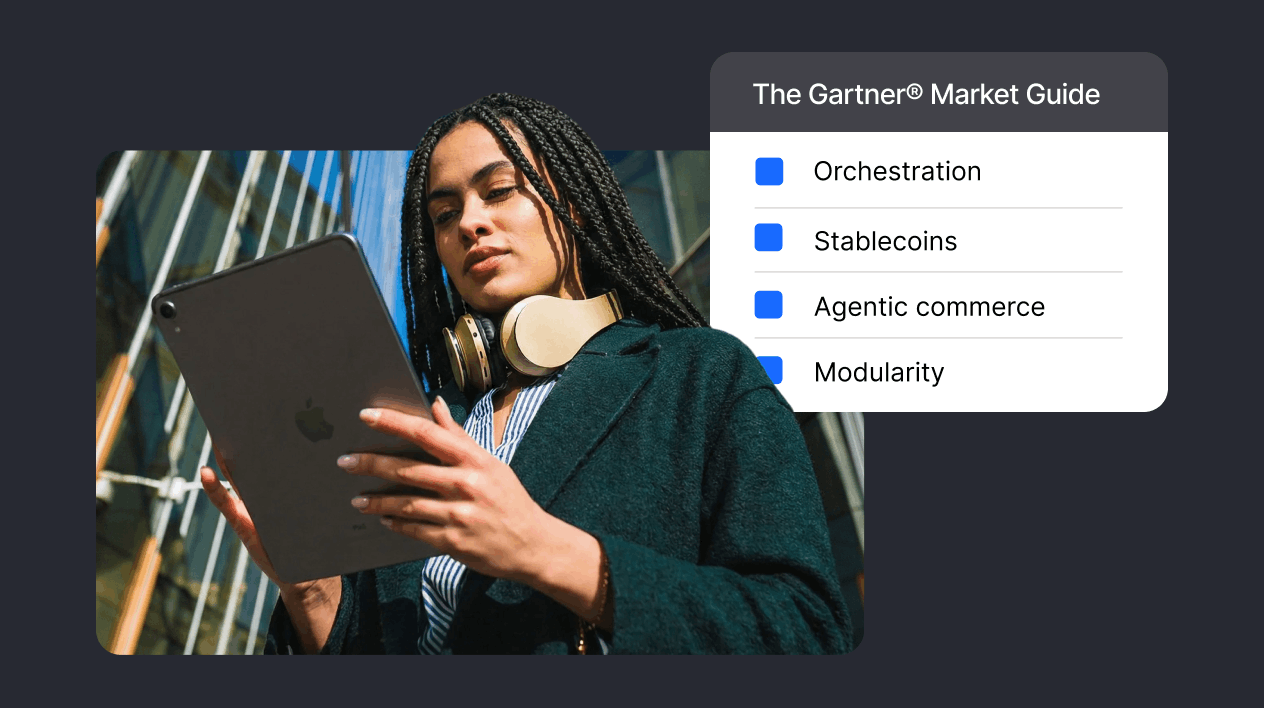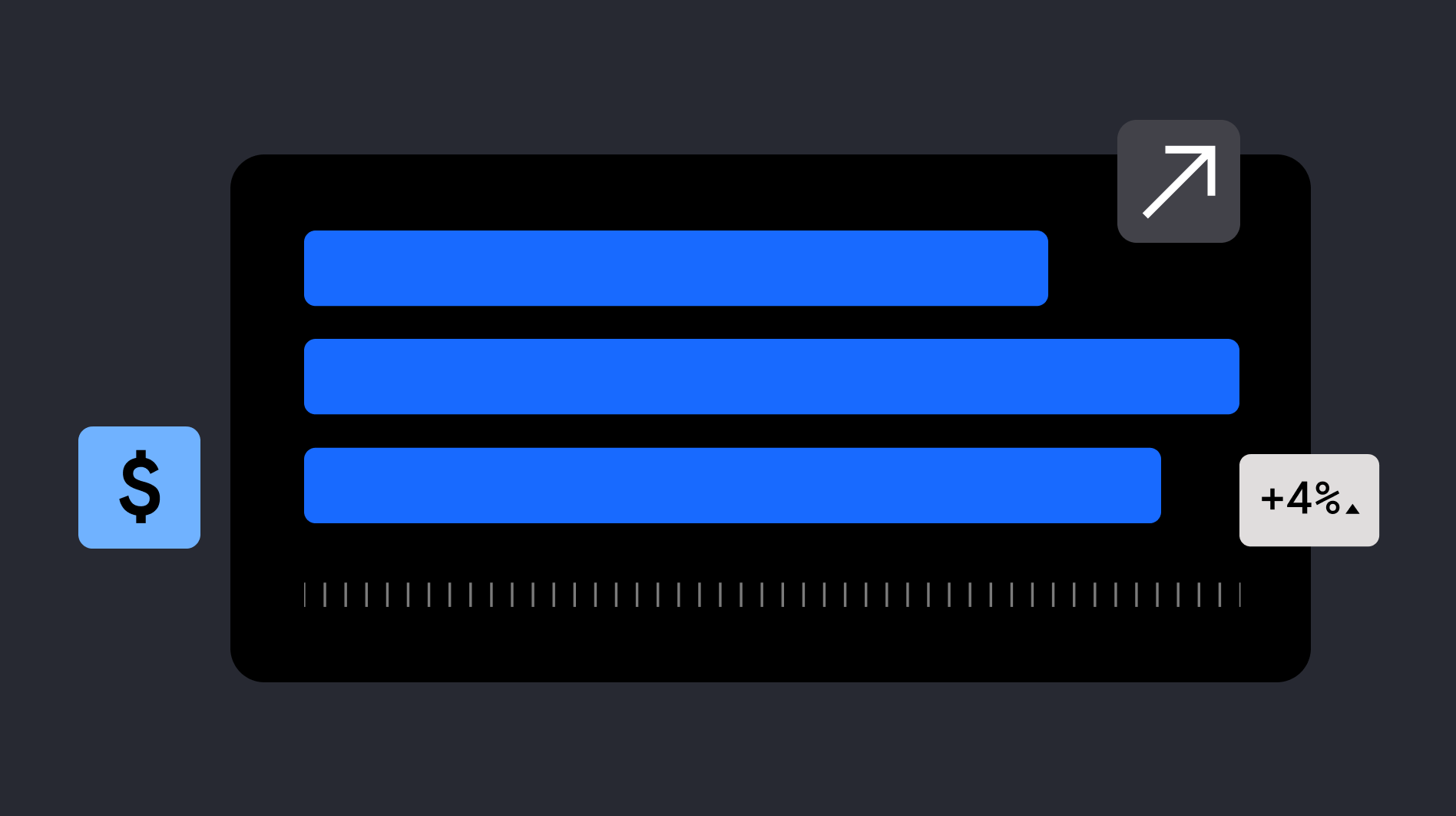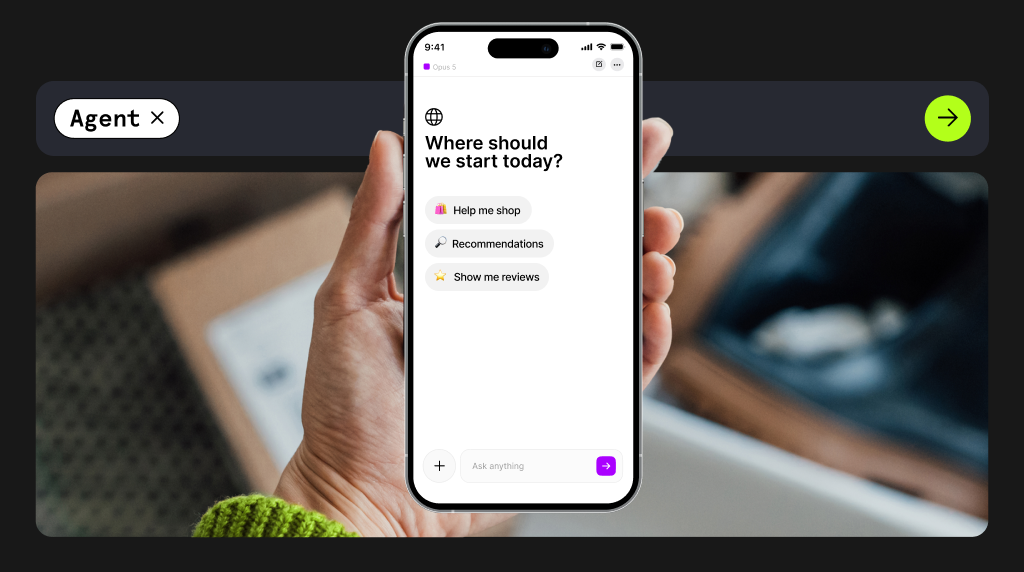If there is a typical route into payments, Patricia didn’t take it. Qualifying as a civil engineer in Madrid, she moved to London to create football stadiums and railways. She would later enter the world of payments via ecommerce logistics and operations management.
None of this was known to Patricia in her first ever job as a graduate structural engineer for AECOM. Although she started out focusing on the finer details of construction materials, Patricia was soon drawn to the big picture.
“I realized that although I really enjoyed the design and the calculation, I wanted to understand more about the whole project and how it all fit together. So I naturally got into the project management side of things in construction.”
Five years after moving to the UK’s capital, Patricia joined Transport For London to manage accessibility and capacity upgrades in the London Underground stations. During that time, Patricia was figuring out ways to create step free access journeys, adding escalators, rail bridges, and lifts. No simple task, given the age of the London Underground: a railway network that opened 30 years before escalators were invented.
“I got a lot of joy out of it,” Patricia reflects. Yet COVID impacted the momentum of project planning, and she began to look around for a new challenge. Feeling also a little homesick, the chance to move back to Spain and become a program manager with Amazon arrived right on time.
Pace matters: Last-mile logistics at Amazon
While the pandemic brought delays to public infrastructure projects, it lit a fire underneath the ecommerce sector. As communities around the world went into lockdown from spring 2020, online stores raced to keep up. Patricia joined Amazon in October that year, as the company was accelerating expansion in Europe.
As Program Manager of Launch and Expansion, Patricia’s role was a blend of construction oversight and business management. She was in charge of strategically placing fulfillment warehouses to match demand forecast and customer locations. This is known as “last-mile logistics” in the business of selling products online.
“We were moving aggressively and at a faster pace, which is something that I quite like. The way I managed projects – with all the change and risk – had to adapt to that pace.”
Having spent just shy of three years at a publicly-owned transport firm, Patricia appreciated the gear change. “One of the things I didn't quite like about the public sector is that it moves real slow. There’s so many people that have to say yes to something.” Public bodies must balance critical community infrastructure needs, she reasons, though she harbored a desire to see projects finished faster.
”Everything moves very quickly [at Amazon]. You don't need to be 100% sure of something. You just need to be conscious of whether you’re making a decision you can go back on, or you’re facing a one-way door. But things go a lot quicker.”
She underscores the importance of speed with the example of a hypothetical delay in decision-making on an Amazon delivery station; waiting for two months could cost the business millions of dollars in revenue.
A core principle at Amazon she came to appreciate was, “Disagree and commit”. It meant Patricia could believe in a better way of approaching a task, yet she chose to back her colleagues and support them fully.
——————————————————————————————————————————
Last thing you bought online: Vitamin supplements
Favorite pastime: I love going to the theater! I take the opportunity to see a play every time I'm in London
Office or hybrid: Hybrid, I feel that I can connect better with colleagues over a cup of coffee.
Digital wallet or physical wallet: Digital. I don't even carry cash with me anymore, and nowadays, I sometimes leave my whole wallet at home.
Early bird or night owl: Night owl, I have more energy at night
In-store or online: Usually online, but I like going to the store to buy things like groceries and clothes.
Favorite sport: Yoga, followed by squash.
You’re the biggest fan of: I really like Trevor Noah. I think he's a very clever communicator and a great comedian.
——————————————————————————————————————————
Patricia moved quickly at Amazon, too, earning a promotion to Senior Manager, Delivery Strategy in just over 18 months since she started.
Her civil engineering background proved even more useful to Amazon than anyone could have predicted; when she joined the ecommerce giant, Patricia understood its strategy was to expand through constructing multiple new fulfillment centers. Having spent years upgrading the capacity of legacy infrastructure at Transport for London, she saw Amazon’s last-mile operations through a unique lens.
Casting her trained eye over Amazon’s warehouses, Patricia pinpointed ways to enhance what was already there. Analyzing operational flows, she noticed opportunities to step up the pace. She realized that investing in more complex construction techniques could lead to more efficient programs. Undertaking the improvement works in stages, Patricia was able to methodically boost capacity at centers in Italy and Spain. Although her approach was complex from a construction standpoint, the efficiency gains translated to enormous financial savings.
Patricia went from strength to strength at Amazon. When an old friend asked her to lead a larger team at another global tech platform, Patricia was ready for the challenge.
Pursuing payments: Directing operations at Fever
Equipped with almost a decade of experience in logistics management and infrastructure upgrades, Patricia became Director of Operations at Fever in May 2022. As a global tech platform, Fever connects culture fans with in-person events and activities in over 40 countries. Competing with the likes of Viator and TodayTix, It’s pushing to expand rapidly. At Fever, Patricia also took on responsibility for payments and fraud for the first time in her career.
Driving strategic expansion required Patricia to balance scaling Fever’s global footprint with achieving meaningful market penetration. Her experience at Amazon is useful here: she won’t let perfection get in the way of a very good execution. “Sometimes we just need to deploy, and we will make it happen, then we’ll optimize later.”
Choosing which areas to optimize depends on business priorities and available resources. That’s where partnership with payment service providers (PSPs) such as Checkout.com can increase capacity. Making use of region-specific knowledge, AI-powered fraud detection, and the ability to test performance improvements such as authentication triggers, Fever can drive revenue and customer satisfaction.
Experimentation is critical to ensuring a smooth payment experience for each customer. “We do A/B tests all the time,” Patricia says. “We change [our payment flows] all the time to be sure we are as optimized as we can be.”
With a presence in so many countries, Fever needs integrations with a wide array of local payment methods. This attention to detail – providing customers with the ability to pay with preferred means of payment – has been key to Fever’s continued growth.
“You need to understand the particularities of each market. You cannot just implement [payment strategy] at a global level because you won’t be optimized.” Patricia mentions the difference in regional decline rates based on issuer preferences, such as whether to include a ZIP code in the US.
Seeking mentors and learning to lead
Patricia’s career path was not always sunny. As a woman in the male-dominated field of construction, Patricia faced sexual harassment early in her career. She recalls inappropriate comments and feeling self-conscious. “Those things were really brutal,” she says, adding that such experiences motivated her to make future workplaces feel safer for everyone. “It’s important leaders in the industry are aware of [harassment] and keep an eye out for it.”
For Patricia, leadership is her comfort zone. As well as possessing a natural confidence, she has continually asked for learning opportunities throughout her career. Another of Amazon’s core principles that helped focus Patricia’s mindset is: “Learn and be curious”.
She reflects that payments industry can seem off-putting to outsiders. Yet she would love to see more women entering payments, and encourages women from alternative industries to apply for payments roles.
“Go to events, research online, ask your company for support. Ask for mentors so you can understand what’s there. And don’t be afraid to ask other leaders in the industry as well.”
Mentoring has been critical to Patricia’s career growth. “I definitely keep myself mentored,” she shares, “I've been fortunate enough to have mentors that mentor me not only technically, but also [develop] my management and my leadership skills.” She mentions her first manager at AECOM, who showed Patricia “how to lead with passion and integrity, and to live by example.”
Learning to lead wasn’t just about pep-talks for Patricia. She values the independence her previous line managers afforded her. “They've allowed me to lead and take on more responsibility – which sometimes leaders don't want to do because they feel they're going to be overshadowed. And I think that's a mistake.
“As one of my mentors said to me, ‘I want you to be able to do my job in two, three years’ time so I can go do my boss’s job in two or three years’ time.’ And that's to make sure that I'm a good leader. And that's the way I behave now with my team.”





.jpeg)


%20v1.jpg)


.png)

.png)


